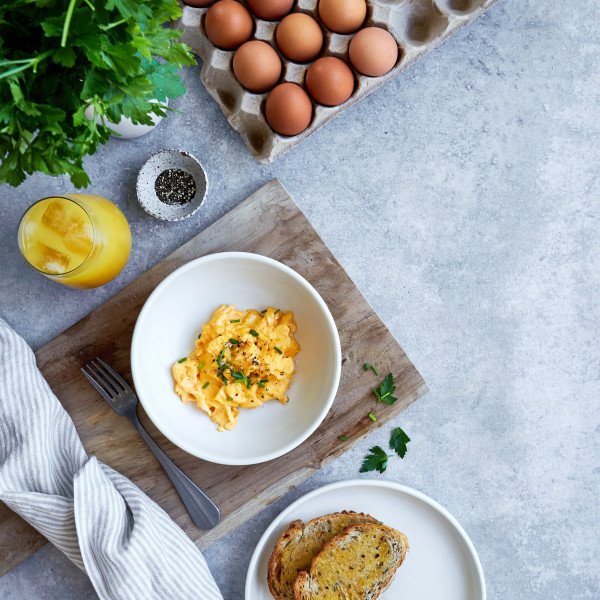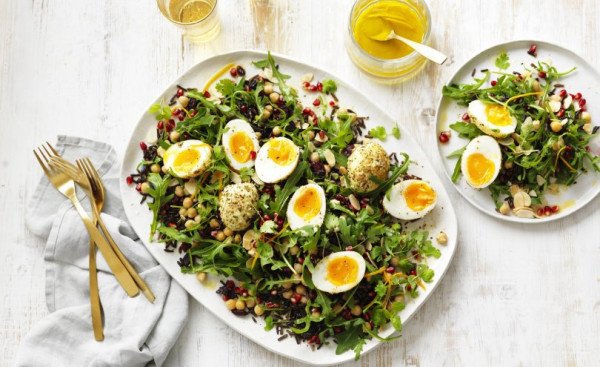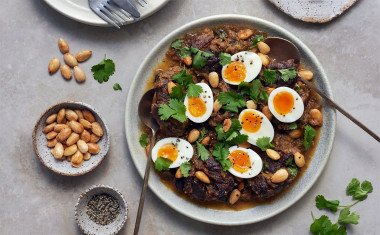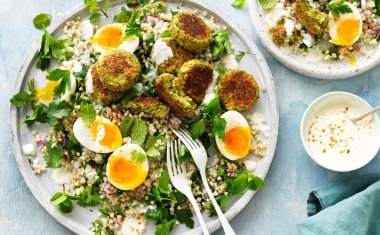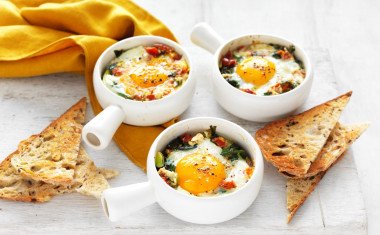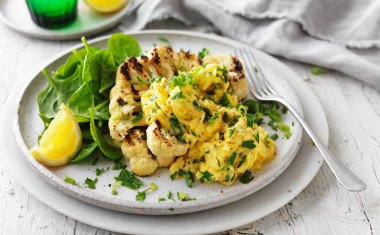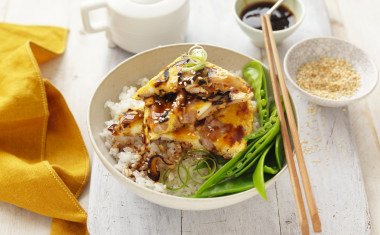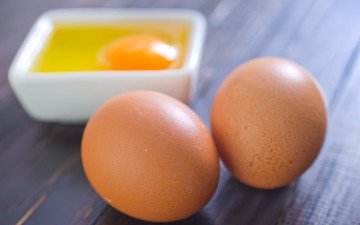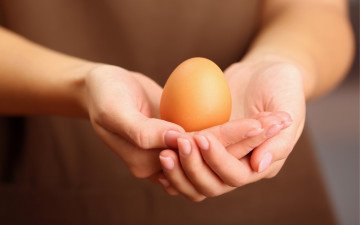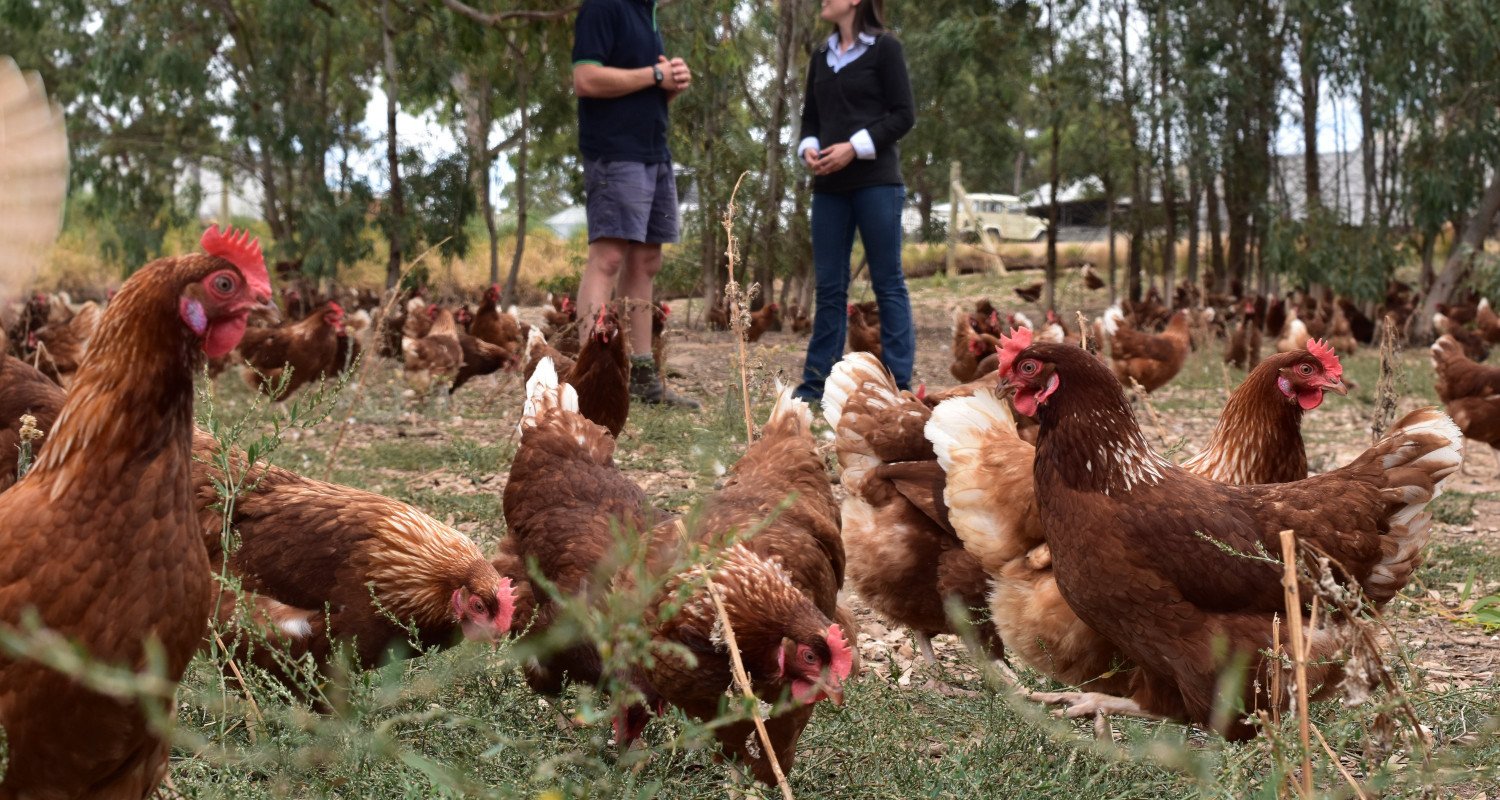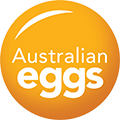
Iron in Eggs
Frequently Asked Questions
What Happens If You Don't Have Enough Iron?
If you have low iron, it limits your body's ability to carry oxygen throughout the bloodstream. As a result, you may feel:
- Extreme tiredness/fatigue
- Weakness
- Cold extremities
- Headache or light-headedness
- Cravings for non-nutritive substances (e.g. ice or starch)
- Shortness of breath
- Possible chest pain
Is The Iron in Eggs Easily Absorbed?
When it comes to the absorption of iron into the body, around 5% of the iron found in eggs is absorbed into the bloodstream. This may sound low, however, iron typically has a low bioavailability regardless of food source.
Vitamin C can help increase iron bioavailability. Consuming a rich source of vitamin C along with your eggs will increase the amount that gets absorbed into the bloodstream.
Good examples include drinking a glass of orange juice with your boiled eggs or eating tomatoes and capsicum with your fried eggs on toast.
Do Eggs Help With Anemia?
If you have iron deficiency anemia, eggs could help. Eggs are a rich source of iron. Consuming them daily along with other iron-rich foods (e.g. dark, leafy vegetables, red meats, fish) could help boost or sustain healthy iron levels.
 >
> 